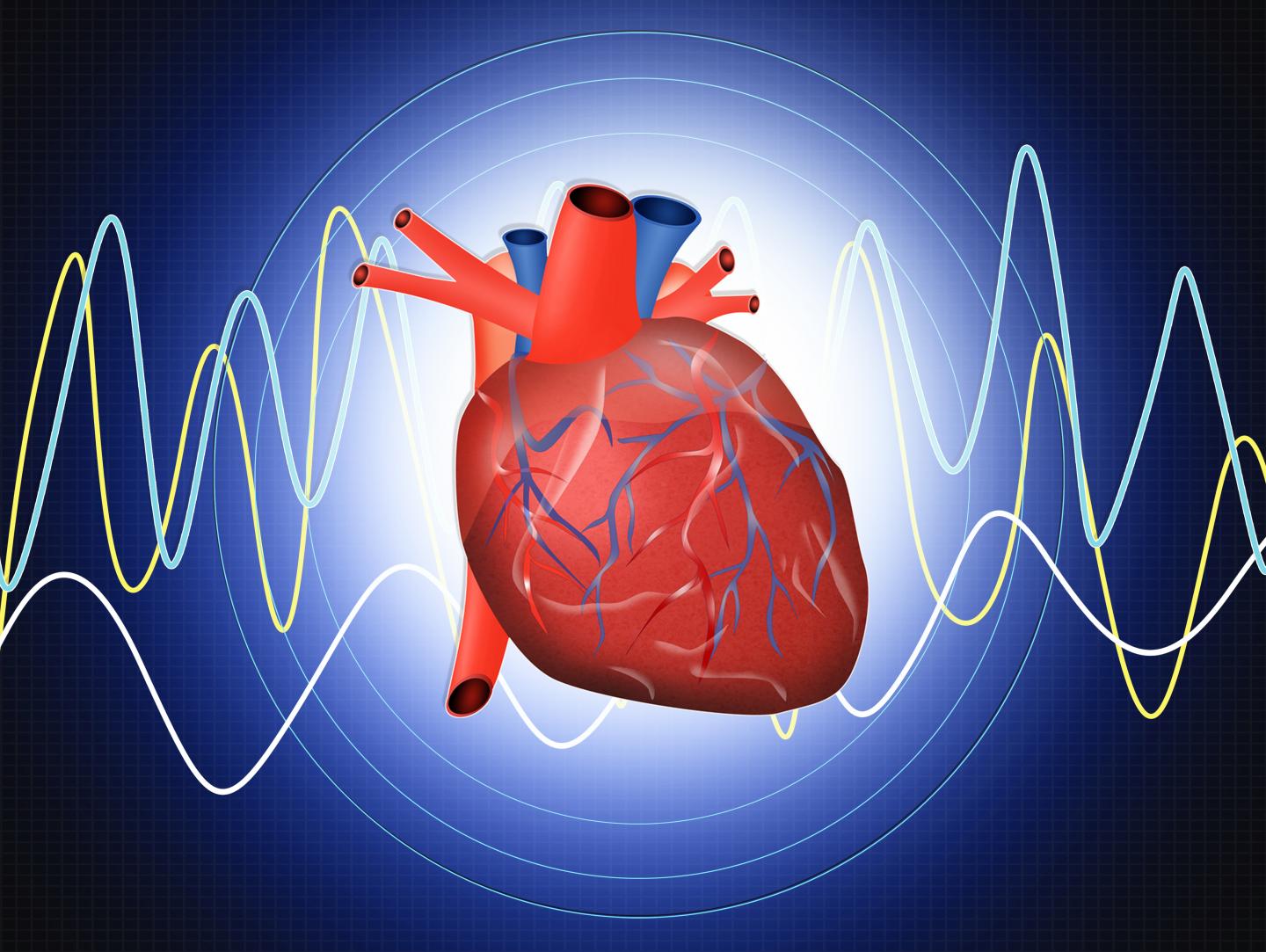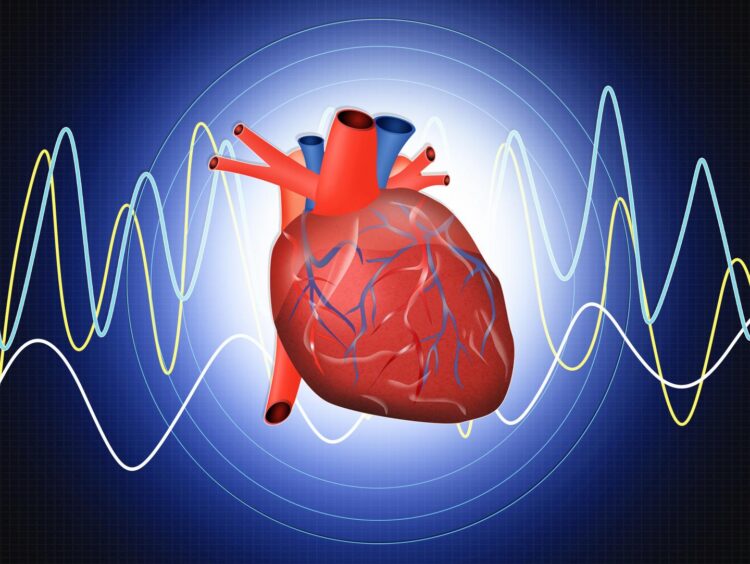
Credit: MostPhotos/Rossella Apostoli.
Researchers at the University of Eastern Finland and Kuopio University Hospital have discovered several new biomarkers that are associated with incident heart failure. In a new study, several inflammatory biomarkers and cell energy metabolites were linked to an increased risk of incident heart failure.
The study used a random selection of 10,106 men participating in the Metabolic Syndrome in Men (METSIM) study, who at baseline did not have a diagnosis of incident heart failure. Elevated levels of inflammatory biomarkers and several biomarkers associated with heart metabolism, which were measured by NMR analysis, were associated with the development of incident heart failure in a follow-up that lasted for 8.8 years. These new biomarkers included adiponectin, high?sensitivity C?reactive protein, the chronic inflammation biomarker GlycA, the amino acids alanine and phenylalanine, as well as glycerol and pyruvate, which the heart muscle uses for energy. After adjustment for age, BMI, diabetes and statin medication, adiponectin, pyruvate and urinary albumin excretion rate were associated with the development of incident heart failure.
In this study, the most common heart diseases underlying incident heart failure were elevated blood pressure, coronary artery disease and especially previous myocardial infarction. More rarely, incident heart failure was caused by cardiomyopathy or valvular heart disease. Diabetes, systolic blood pressure, age, overweight, high insulin levels, declining kidney function and microalbuminuria, which are well?established risk factors for heart failure, were also associated with the development of incident heart failure.
The researchers used principal component analysis to classify incident heart failure associated risk factors and biomarkers into components that could possibly be linked to different courses of the disease. Four of these components were statistically significant for the development of incident heart failure. Three of the components contained a different inflammatory biomarker and one contained cell energy metabolites.
“Incident heart failure is typically associated with changes in heart metabolism as well as with low-grade, chronic inflammation. Based on our study, these changes are present even years before any sign of heart failure,” Professor Johanna Kuusisto from the University of Eastern Finland says.
Earlier studies conducted in animal models have shown that disturbed metabolism of the heart muscle precedes, initiates and maintains unfavourable changes in the heart. However, the newly published study is the first to show that biomarkers of energy metabolism predict the development of incident heart failure in humans.
By measuring biomarkers indicative of heart failure, it could be possible to better identify people with an elevated risk of developing incident heart failure.
“Despite the treatments we have today, the prognosis of incident heart failure is still very poor, and this is why it is important to identify and treat high-risk patients already before the disease develops,” Professor Kuusisto says.
Further research is needed to analyse whether drugs targeting inflammatory and metabolic pathways could be used to prevent the development of incident heart failure.
###
For further information, please contact:
Professor, Chief Physician Johanna Kuusisto, tel. +358 17 173949, johanna.kuusisto (a) kuh.fi, https:/
Medical Centre, University of Eastern Finland and Kuopio University Hospital
Research article (open access):
Raimo Jauhiainen , Matti Jauhiainen , Jagadish Vangipurapu, Teemu Kuulasmaa, Mika Ala?Korpela , Markku Laakso & Johanna Kuusisto (2020). Novel biomarkers associated with incident heart failure in 10 106 Finnish men. ESC Heart Failure, https:/
Media Contact
Johanna Kuusisto
[email protected]
Related Journal Article
http://dx.





